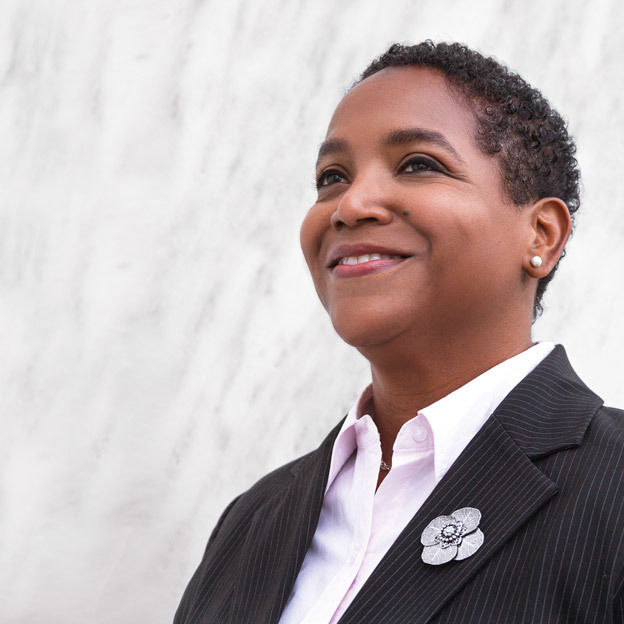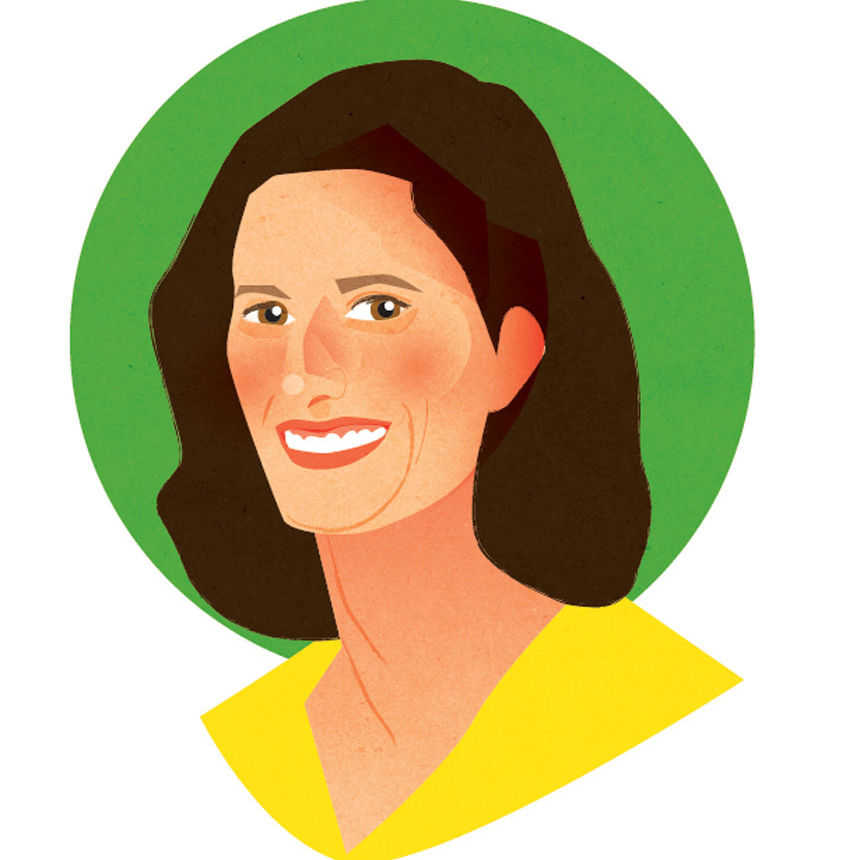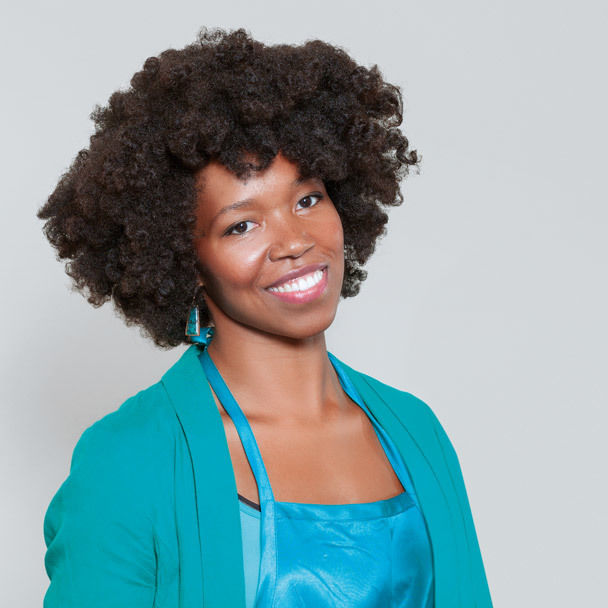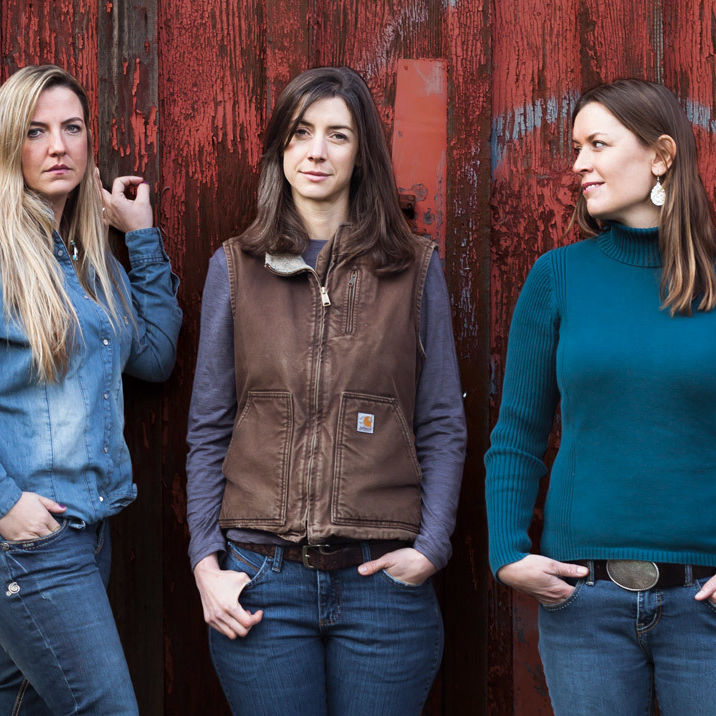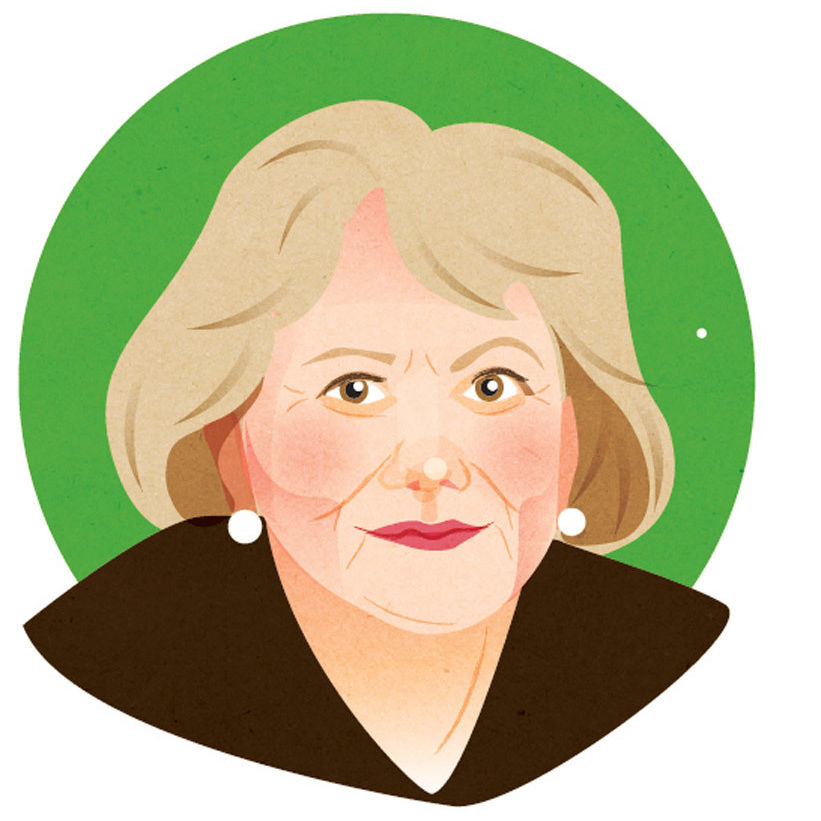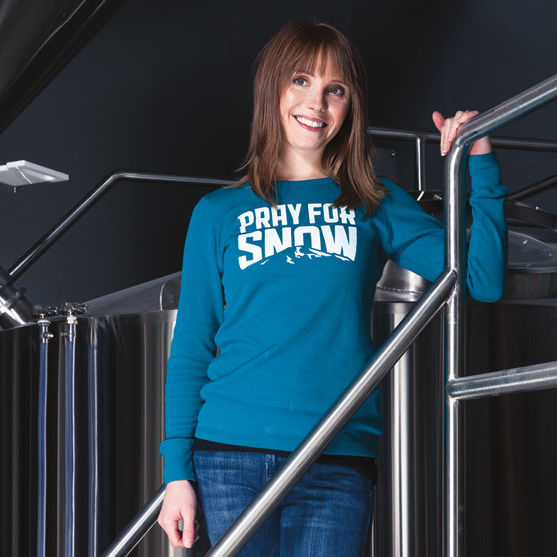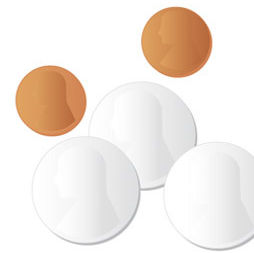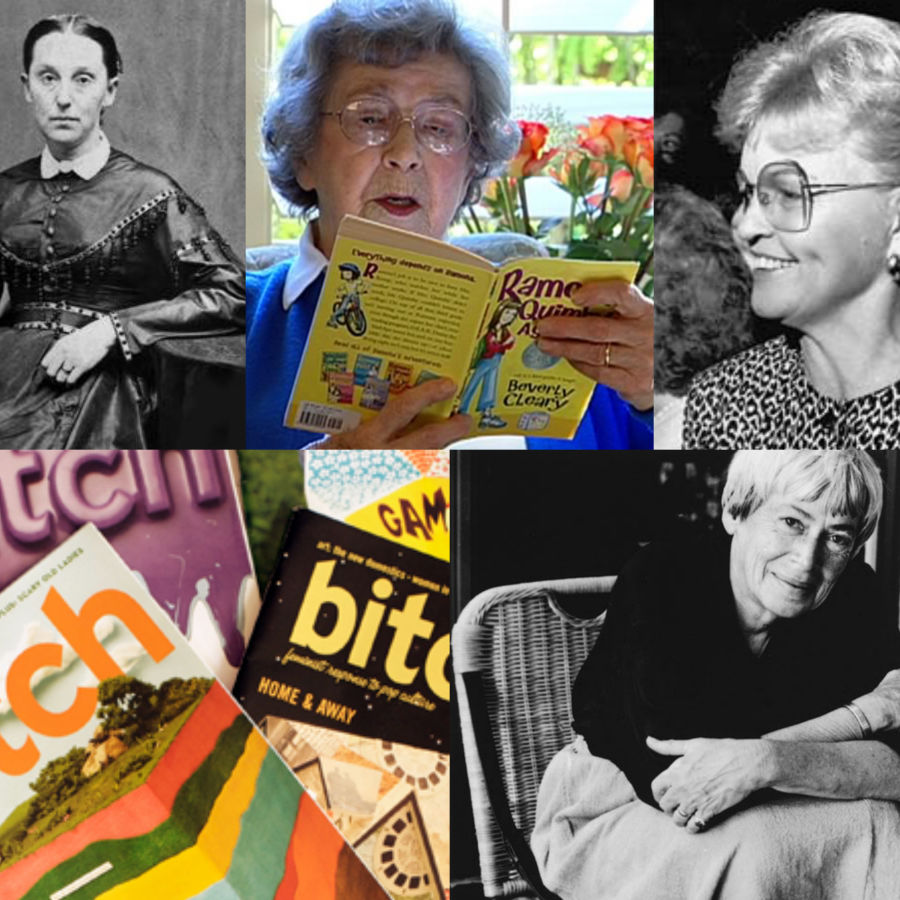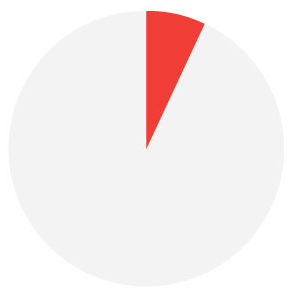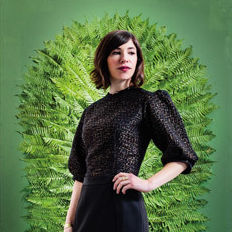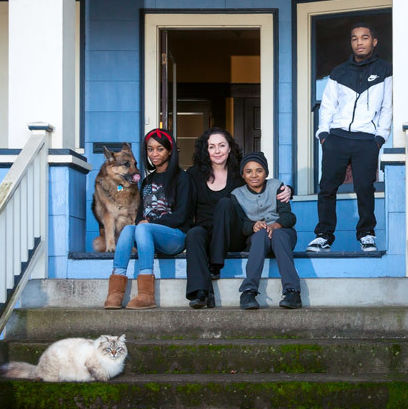How Strategist Rebecca Tweed Transformed Oregon Politics
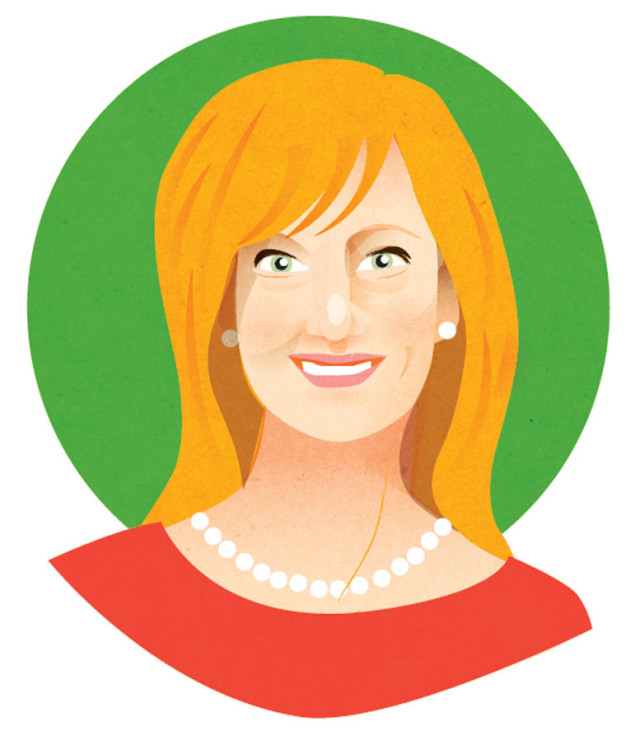
Image: Amy Martin
Rebecca Tweed runs political campaigns—over the past eight years, she’s worked on more than 40 in Oregon. In 2010, as political director for the state House Republican Caucus, she ran 11 targeted races in a campaign cycle that produced a historic 30–30 split between the parties. As a recruiter, consultant, campaign manager, fundraiser, press liaison, and everything in between, the Oregon native has developed a strategic approach that transcends partisan leanings. “The world is bigger than we are—you don’t have to change it every day, but you have to change part of it,” she says. “I think that urge has helped me develop my own political philosophy. My goal is to get the best person in the seat that’s open.” Here’s how she gets the job done.
I have to agree with a majority of what my candidates stand for. I won’t work for anybody I wouldn’t vote for.
Nothing generic was ever wonderful. Every campaign has to be different, and everybody is going to serve a different purpose. That’s the exciting part about politics: it’s different every cycle.
Where does the motivating factor come from? When I look at Oregon, especially Oregon for women, the word that comes to my mind is “opportunity.” We raise families, we start businesses, we cure cancer, we raise goats in our front yards. If you want to do something remarkable and you don’t know what it is yet, you’re going to find it in Oregon.
How are Republicans going to do anything good? We just lost another presidential election—something’s wrong. I got a call from Oregon United Against Discrimination because I happen to be a pro–gay marriage Republican. It was exciting because I was collaborating with people I’m normally on the other side of the table from—it was like, “Look, Republicans can be cool and normal! We don’t hate everybody!”
Being a woman gives me an edge. It brings a very different perspective to the table. I can sit down and say, “Women don’t think like that. Not all of us are worried about putting food on the table. Some of us run businesses and care about different things.” There’s still that old-school, guys-around-the-table thing, and I don’t think they’re used to having a powerful female presence in there. But I think that’s also a powerful tool.
